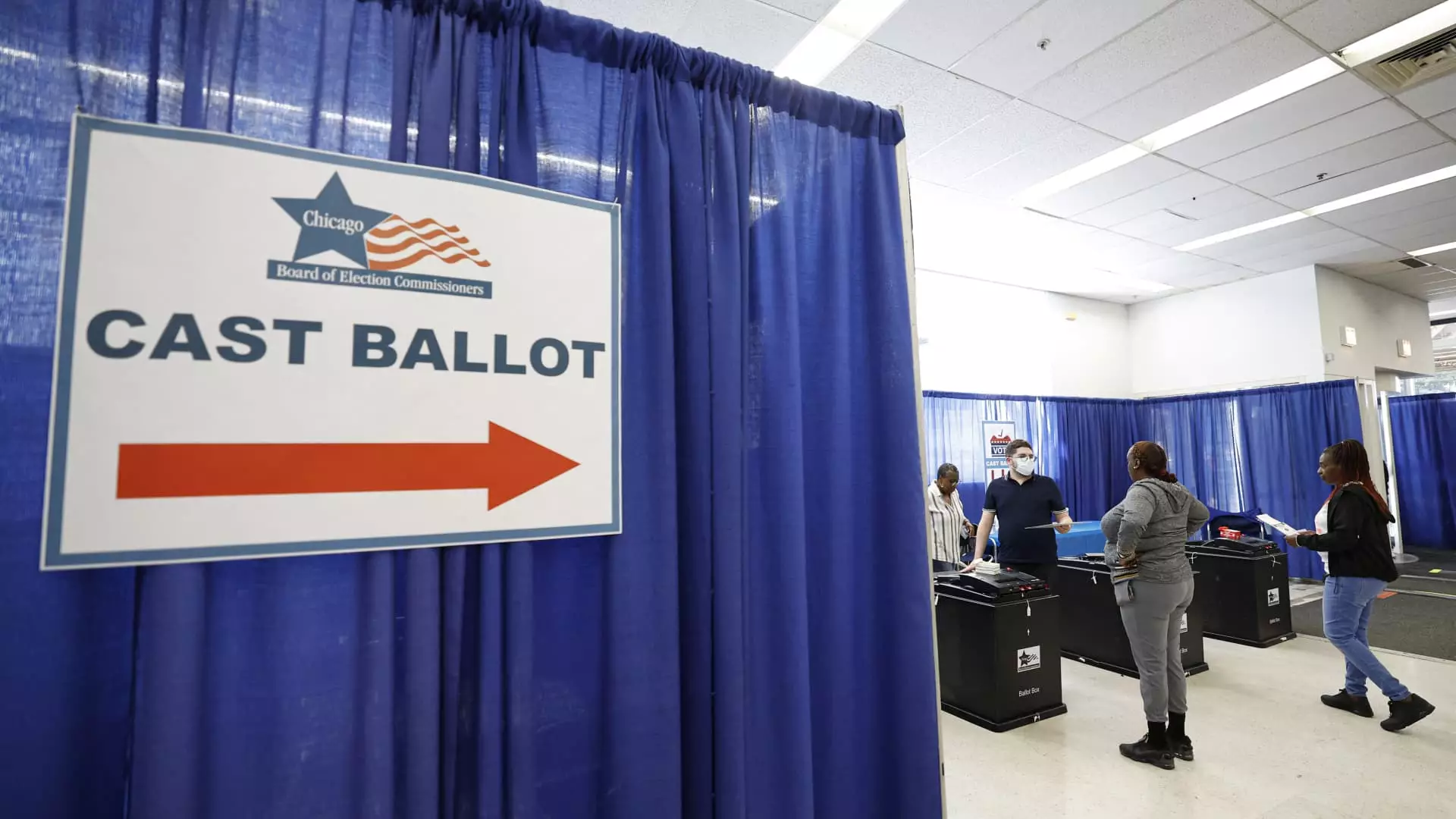In American culture, the subject of personal finances remains a huge taboo. Recent findings reveal that many individuals would rather disclose their political choices in an upcoming presidential election than share insights about their financial situations. This reluctance was highlighted in a U.S. Bank survey conducted with 3,500 participants. Concerningly, the issue of financial silence is almost as pervasive as that surrounding intimate topics, such as sex, as indicated by a study from Wells Fargo involving 3,403 adults. This aversion to discussing money is surprising given its fundamental role in society and individual well-being.
The apprehension surrounding money talks can be traced back to the personal anxieties that accompany financial discussions. Preston Cherry, a certified financial planner and founder of Concurrent Financial Planning, points out that understanding personal finances requires vulnerability. Discussions about finances are layered with worry over future aspirations, making them feel threatening for many. In contrast, political elections occur every four years and may not evoke the same emotional investment, making such discussions feel relatively safer.
Despite the hesitation, there is a ray of hope. The U.S. Bank research indicates that more families are beginning to address their financial concerns, with parentsespecially taking significant strides to educate their children about financial literacy. Statistics demonstrate a marked increase in these discussions; parents today are nearly twice as likely to explain concepts like investing and budgeting to their kids compared to their own parents. This shift is encouraging, yet there remains a noticeable gap in understanding financial situations within families. Notably, 45% of respondents reported being unaware of their parents’ economic conditions.
Financial experts stress that neglecting these key discussions can lead to major complications. Winnie Sun, a member of the CNBC FA Council, emphasizes that if one lacks knowledge or feels incapable of articulating financial matters, true wealth-building becomes an uphill battle. This avoidance can lead to misunderstandings and missed opportunities, which is echoed in the words of Douglas Boneparth, another financial advisor who emphasizes the repercussions of financial misalignment within families.
Building a legacy of open financial discussions is essential, especially as families encounter unforeseen circumstances, such as health crises. Ford poignantly recalls a stressful situation in which he was unprepared to manage a loved one’s taxes during an emergency. He strongly advocates for proactive measures: “Discussing finances before pressing emergencies can mitigate panic and confusion,” he advises.
Engaging in daily financial discussions can serve as a foundation for deeper dialogues. Ford suggests starting small by acknowledging everyday expenses, such as medication costs, to facilitate an open dialogue. Establishing a comfortable atmosphere where family members feel safe sharing financial information helps prevent future misunderstandings.
Financial discussions are equally vital in romantic partnerships, where communication—or the lack thereof—translates into the financial health of the relationship. A staggering one-third of Americans report disagreement with their partners regarding money management, with an alarming 30% admitting to dishonest practices concerning financial matters. This phenomenon known as “financial infidelity” often arises when partners do not share a cohesive financial understanding and strategy.
Financial planner Cherry notes that couples tend to struggle with expressing their viewpoints in these discussions without casting judgment, which can lead to escalation and resentment. To bridge these gaps, establishing a judgment-free zone where both parties can express their financial perspectives openly may promote a more constructive dialogue. Involving a financial advisor as a neutral party can also provide clarity and mediation opportunities.
Many individuals may hesitate to seek assistance from financial professionals due to the misconception that they need substantial wealth to benefit from such consultations. However, the reality is that most experienced advisors offer complimentary introductory meetings, creating an accessible entry point for individuals seeking guidance. Sun encourages motivated individuals to take that leap, assuring them that even small efforts toward financial literacy can dramatically decrease stress and improve overall financial outlook.
Acknowledging that financial conversations need to happen is the first step towards fostering a culture of openness about financial matters. As families and couples become more transparent with their financial realities, they set themselves up for better management of their resources and untangle the complexities that often arise when money matters go unaddressed. By collectively engaging in these discussions, individuals empower themselves and their loved ones to navigate their financial futures more effectively.

